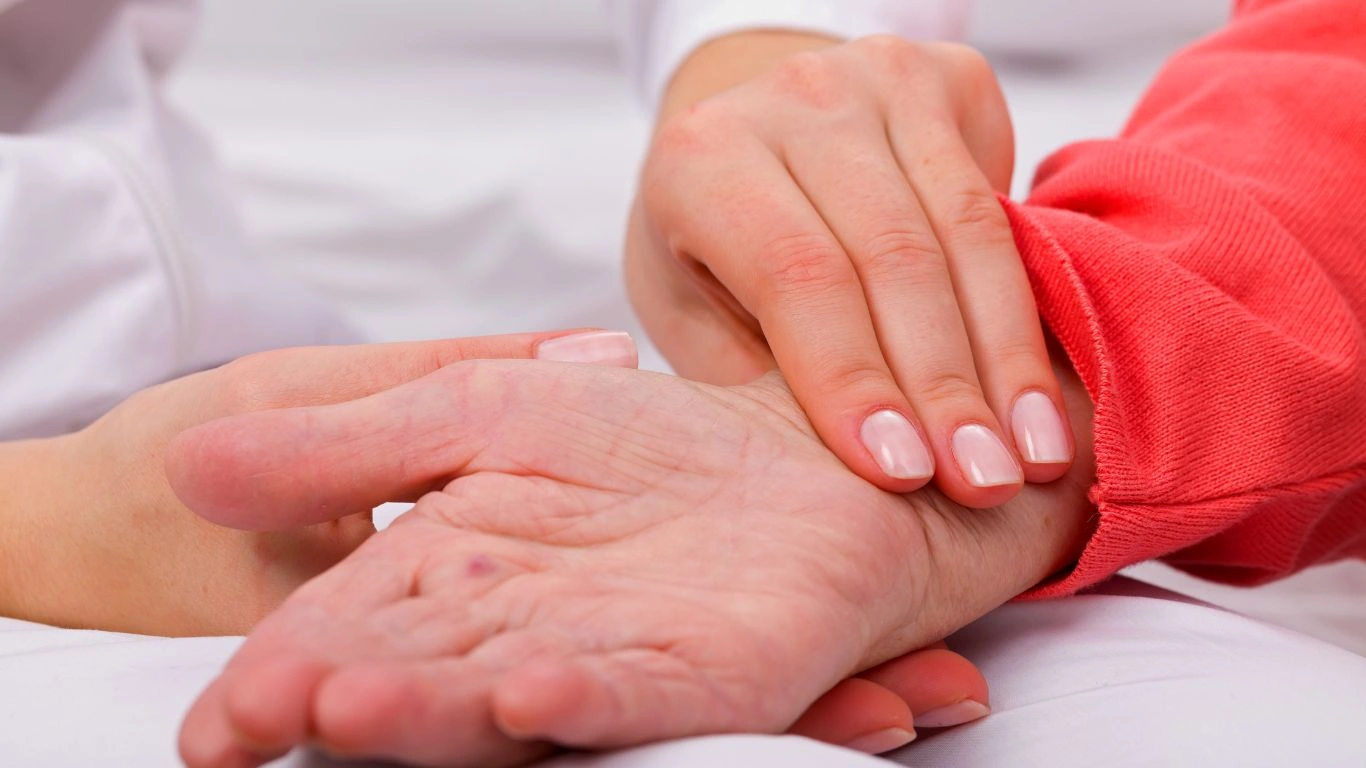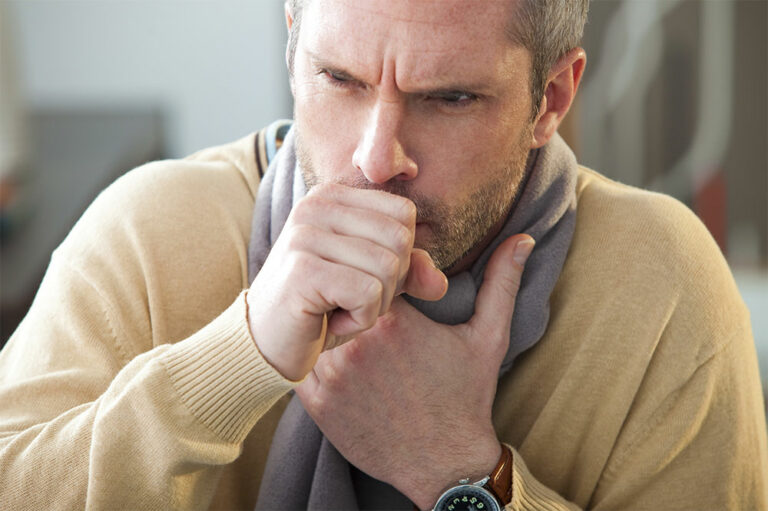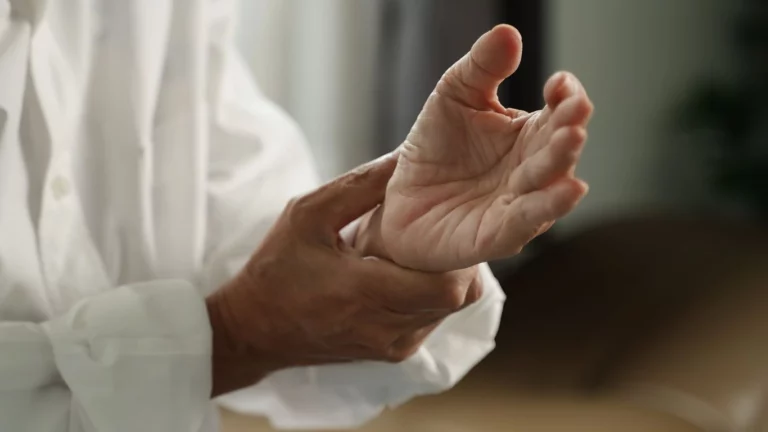The Impact of Dehydration on Blood Pressure – What You Need to Know
Did you know that dehydration can have a big impact on your blood pressure? Whether you’re feeling thirsty or not, staying hydrated is key to keeping your blood pressure in check. Let’s dive into how dehydration messes with your blood pressure and what you can do to keep your levels stable.
We all know hydration is important for overall health, but did you realize that dehydration can directly affect your blood pressure? Yep, it can either raise or lower your blood pressure, depending on how severe the dehydration is. It’s one of those health issues that can creep up on you if you’re not paying attention, but don’t worry—I’ve got you covered. Let’s take a closer look at how dehydration messes with your body and blood pressure, and what you can do to stay on top of it.

How Dehydration Affects Blood Pressure
When your body is dehydrated, you don’t have enough water in your bloodstream, which can lead to lower blood volume. This can trigger a drop in blood pressure, which might leave you feeling dizzy, lightheaded, or even faint. On the other hand, dehydration can cause your blood vessels to constrict, which could raise your blood pressure as your body tries to compensate.
It’s a bit of a balancing act, but the main takeaway is this: hydration is essential for healthy blood pressure. Your body relies on water to maintain the proper volume and function of blood, and when water levels drop, your heart and blood vessels struggle to do their jobs effectively.
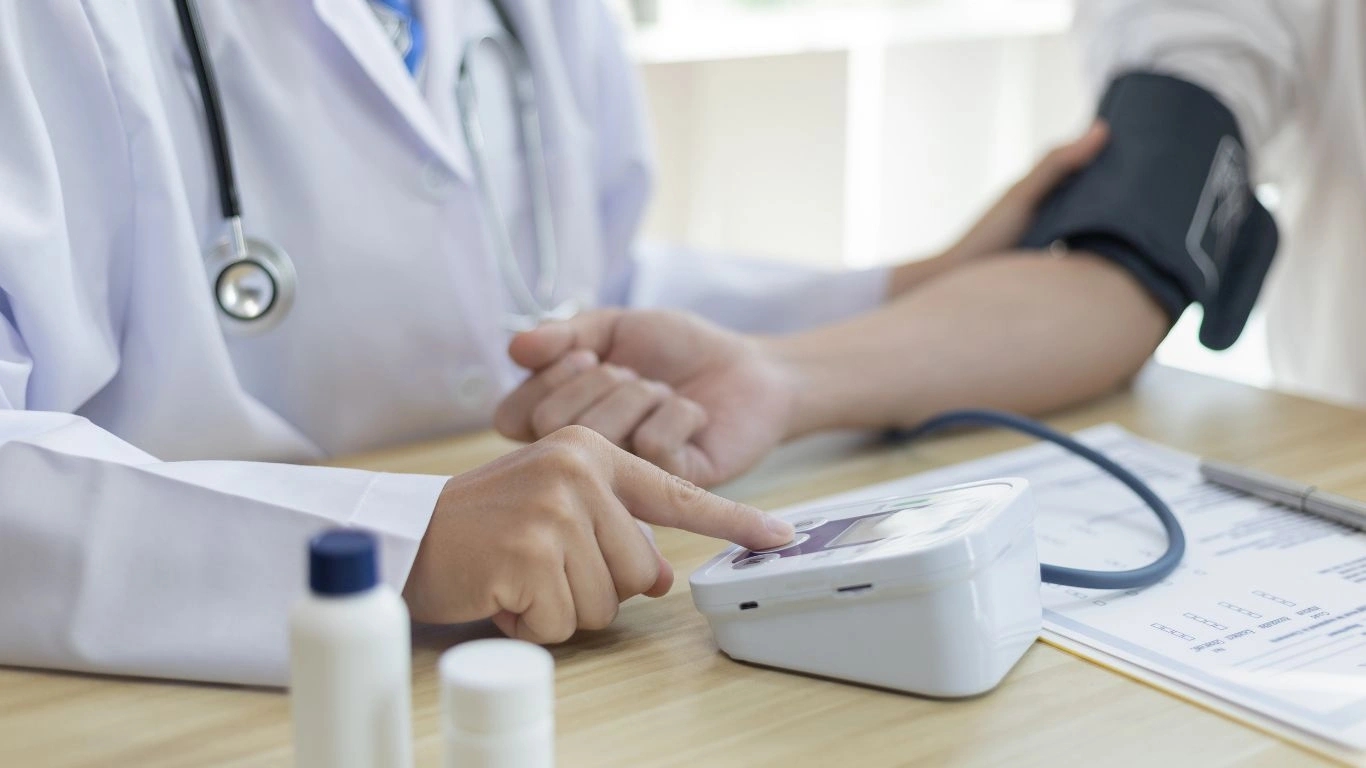
Dehydration and Low Blood Pressure
For some people, dehydration leads to a drop in blood pressure, a condition known as hypotension. This happens because there’s less blood circulating through your body. Symptoms of low blood pressure can include dizziness, fainting, and fatigue. These symptoms happen because your organs and tissues aren’t getting enough oxygen and nutrients due to the lack of blood flow.
If you’re already prone to low blood pressure, dehydration can make things worse, so it’s especially important to drink enough fluids if you’re someone who tends to feel lightheaded or dizzy often.
Dehydration and High Blood Pressure
On the flip side, dehydration can sometimes raise your blood pressure. When you’re dehydrated, your body tries to conserve as much water as it can. This causes your blood vessels to narrow (a process called vasoconstriction), which increases the pressure needed to pump blood through the body. Over time, this can lead to chronic high blood pressure (hypertension).
If you have high blood pressure already, dehydration could make things worse. It’s a vicious cycle: dehydration can lead to high blood pressure, and high blood pressure can put additional stress on your body, especially your heart.
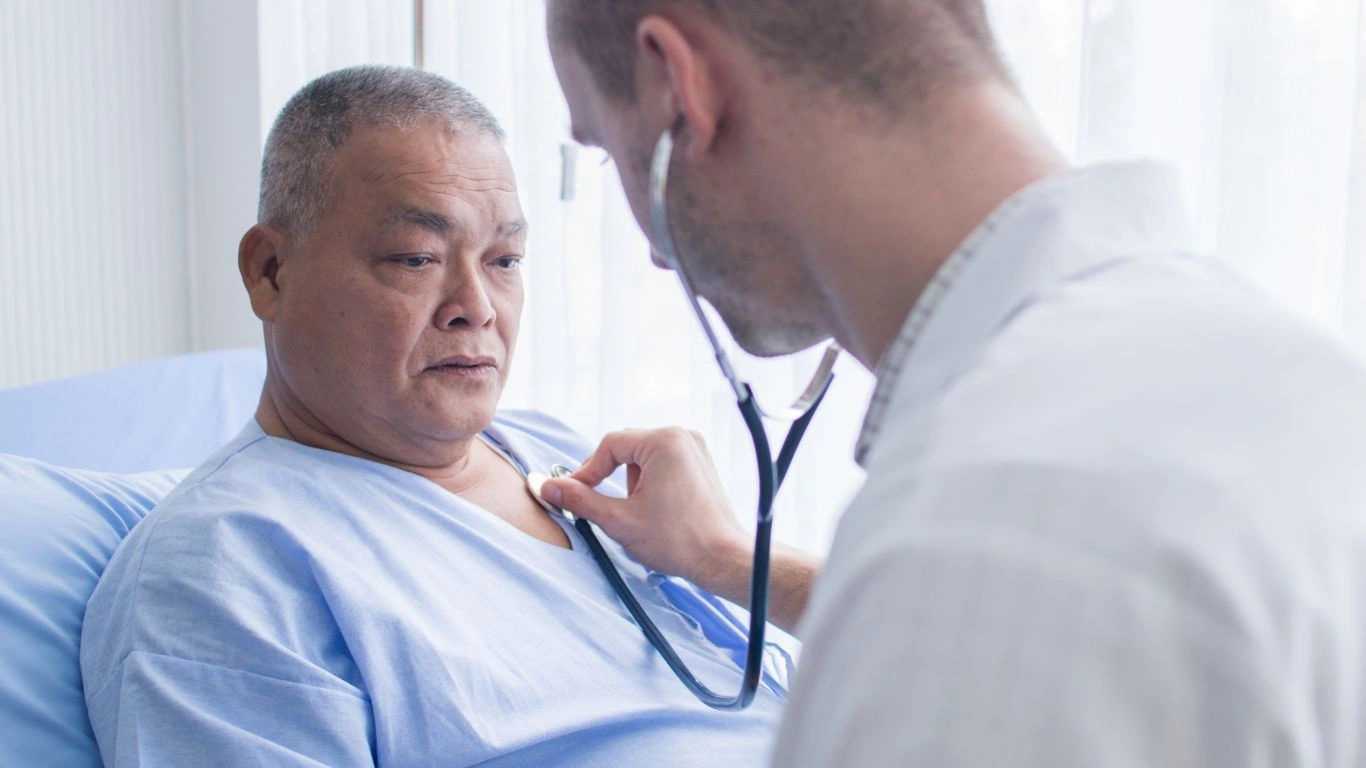
What Causes Dehydration?
Dehydration isn’t just about not drinking enough water. It can also be caused by:
- Excessive sweating: If you’re working out hard, spending time in hot weather, or sick with a fever, you can lose a lot of fluids.
- Vomiting or diarrhea: Both can lead to a rapid loss of fluids, leaving your body dehydrated.
- Frequent urination: Certain medications (like diuretics) or conditions like diabetes can cause increased urination, leading to dehydration.
- Not drinking enough fluids: Sometimes it’s as simple as not drinking enough water throughout the day, especially if you’re distracted or forget.
Signs and Symptoms of Dehydration
It’s important to spot the signs of dehydration early, so you can take action before it starts affecting your blood pressure. Here are some common symptoms to watch for:
- Thirst
- Dark yellow urine
- Fatigue
- Dizziness or lightheadedness
- Dry mouth or skin
- Headaches
- Decreased sweating or urination
If you experience any of these symptoms, it’s time to hydrate!
How to Prevent Dehydration and Maintain Healthy Blood Pressure
Luckily, staying hydrated is a simple but effective way to keep your blood pressure in check. Here are some tips to help you stay on top of your hydration game:
1. Drink Plenty of Water
The most straightforward way to stay hydrated is to drink plenty of water. A good rule of thumb is to aim for at least 8 cups of water a day, but you might need more depending on your activity level and environment.
2. Eat Water-Rich Foods
Hydration doesn’t just come from drinking water. You can also hydrate by eating foods that are rich in water, like cucumbers, watermelon, strawberries, and oranges. These can add a little extra boost to your hydration efforts.
3. Limit Caffeine and Alcohol
Caffeine and alcohol are diuretics, which means they can make you urinate more frequently and cause you to lose more fluids. While you don’t have to avoid them entirely, be mindful of your intake and balance it with water to stay hydrated.
4. Monitor Your Electrolytes
Electrolytes like potassium, sodium, and magnesium help your body retain water. If you’re sweating a lot or have been sick, consider replenishing your electrolytes with drinks that contain them (without too much sugar, though).
5. Pay Attention to Your Body
If you’re feeling thirsty, tired, or dizzy, take a moment to hydrate. Listen to your body’s signals and don’t wait until you’re extremely thirsty to start drinking.
Conclusion: Stay Hydrated, Keep Your Blood Pressure Healthy
Dehydration can have a significant impact on your blood pressure, whether it causes it to drop or spike. Keeping your body hydrated is essential for maintaining healthy blood pressure levels and overall health. By drinking plenty of water, eating water-rich foods, and avoiding dehydrating substances, you can help prevent the negative effects of dehydration and keep your blood pressure stable. So next time you feel thirsty, remember—it’s your body’s way of telling you to hydrate!
Appendices
FAQs
- Can dehydration cause blood pressure to rise? Yes, dehydration can cause your blood pressure to rise because your blood vessels narrow in an attempt to conserve water, which increases the pressure needed to pump blood through your body.
- How much water should I drink to avoid dehydration and maintain healthy blood pressure? Aim for at least 8 cups (64 ounces) of water a day, but you may need more depending on your activity level, the climate, and your individual needs.
- What are the symptoms of dehydration that affect blood pressure? Symptoms include dizziness, lightheadedness, fatigue, dry mouth, and dark yellow urine. These signs suggest that your blood pressure may be affected by dehydration.
- Can dehydration lead to high blood pressure over time? Yes, chronic dehydration can contribute to high blood pressure as your body works harder to circulate blood.
- How can I prevent dehydration when I’m exercising or in hot weather? Drink water regularly before, during, and after physical activity or exposure to heat, and consider eating foods high in water content to stay hydrated.
References
- American Heart Association (2024). The Impact of Dehydration on Heart Health. Read Article
- National Institutes of Health (2023). Understanding the Effects of Dehydration on Blood Pressure. Read Article
- Mayo Clinic (2024). How Dehydration Affects Your Blood Pressure. Read Article
Disclaimer:
The information provided in this article is for general informational purposes only and does not substitute for professional medical advice. Always consult your healthcare provider for personal advice and treatment regarding dehydration and blood pressure.

Dr. Gwenna Aazee is a board-certified Internal Medicine Physician with a special focus on hypertension management, chronic disease prevention, and patient education. With years of experience in both clinical practice and medical writing, she’s passionate about turning evidence-based medicine into accessible, actionable advice. Through her work at Healthusias.com, Dr. Aazee empowers readers to take charge of their health with confidence and clarity. Off the clock, she enjoys deep dives into nutrition research, long walks with her rescue pup, and simplifying medical jargon one article at a time.

